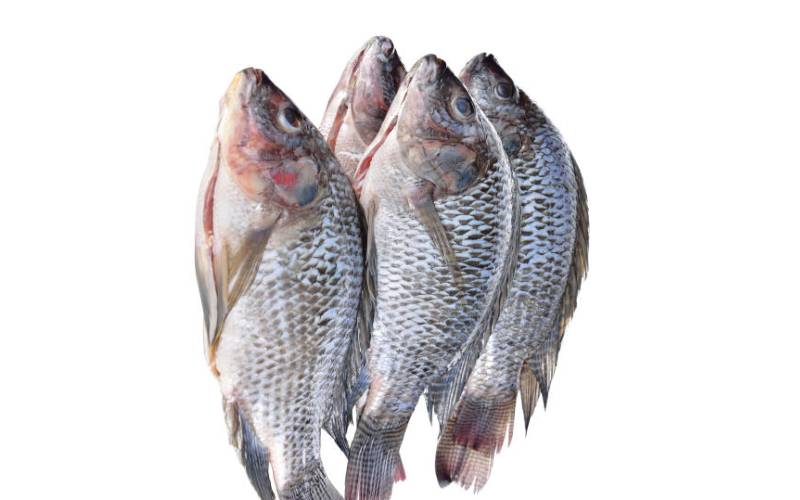
Tilapia. [Courtesy]
Sarah Auma’s three-year-old baby’s legs and hands were scalded two months ago. The skin there even peeled off. Neighbours advised her to visit a leather chemist’s workshop in Kajulu, Kisumu County.
Newton Owino, an environmentalist, is the man she met. He is known for extracting collagen from fish skin and converting it to a gel. She bought 100 grammes of the gel at Sh5,000. “After two weeks the baby was fine and back on her feet,” says Sarah.
 The Standard Group Plc is a multi-media organization with investments in media
platforms spanning newspaper print
operations, television, radio broadcasting, digital and online services. The
Standard Group is recognized as a
leading multi-media house in Kenya with a key influence in matters of national
and international interest.
The Standard Group Plc is a multi-media organization with investments in media
platforms spanning newspaper print
operations, television, radio broadcasting, digital and online services. The
Standard Group is recognized as a
leading multi-media house in Kenya with a key influence in matters of national
and international interest.











